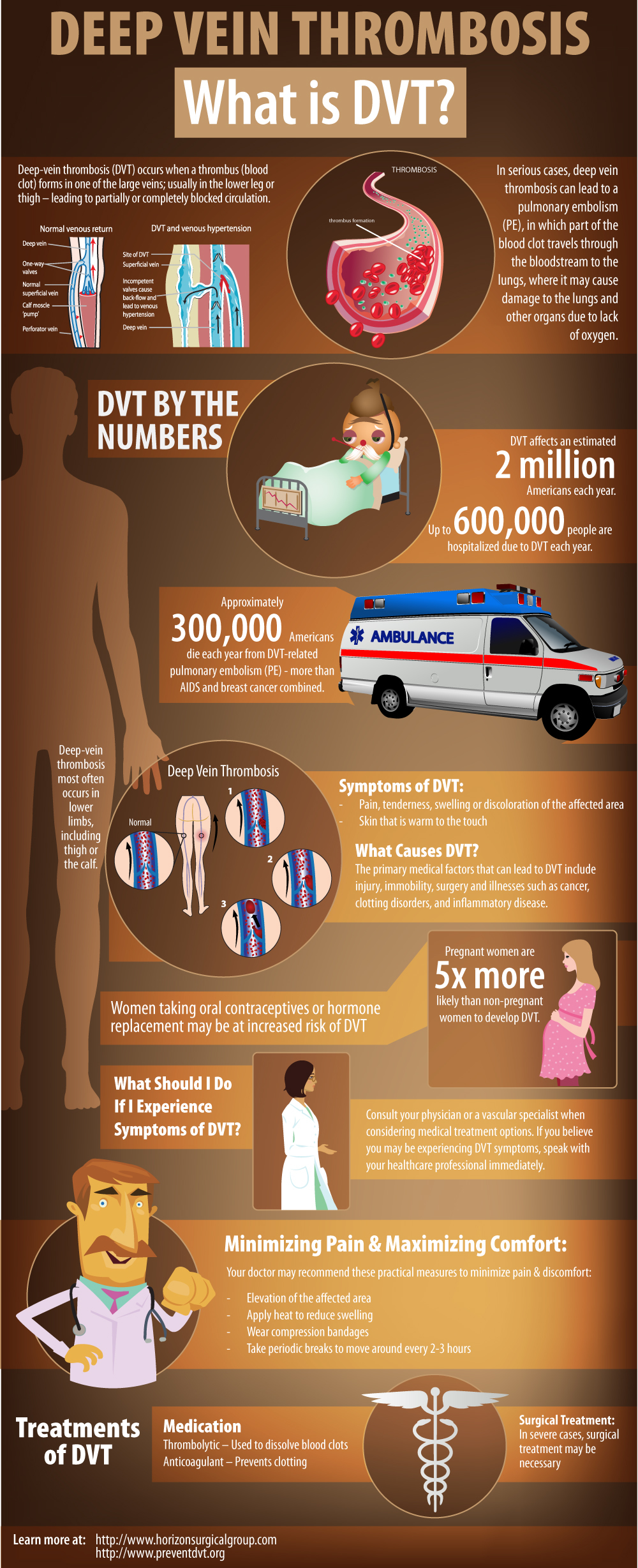Blood clots in lungs are medically known as pulmonary embolism. According to medical jargon, pulmonary embolism is an abrupt blockage caused in the lungs when an artery or blood vessel has a blood clot in it, thus hindering the flow of blood.
The Causes of Blood Clots
Pulmonary embolism is usually caused by blood clots that originate in the legs. When a blood clot formed in the leg travels up towards the lungs and blocks the blood flow, it is known as pulmonary embolism. Blood clots in lungs are not uncommon. Several hundred thousand people in the United States have blood clots in their lungs. If the clots are mild or not very large then the condition is not considered to be fatal. Yet, the condition can be very severe because it can damage your lungs. If the blood clot is substantially sized as to blocking blood flow completely then the condition is fatal and can cause death.
Health Effects of Blood Clots
Blood clots in lungs can be identified with sudden shortness of breath or if you have sudden chest pains without any apparent reason. Breathing problems and shortness of breath must not be confused in this regard as the former is a chronic condition while the latter is sudden and without any other apparent cause. Pulmonary embolism is also characterized by pink mucus that comes out during coughing. There are many other symptoms of blood clots in lungs such as heightened anxiety, increased sweating and fast heart rates among others.
Pulmonary embolism or blood clots in lungs can be caused by deep vein thrombosis which can lead to clots in the deep veins. An artery may be blocked by tumors or air bubbles which may have grown larger than the normal sizes. Amniotic fluid may get accumulated to form a clot and broken bones can at times release a lump of fat into the blood streams which can also form the clots in context.
It is usually a normal blood clot that causes pulmonary embolism in lungs however the clots are mostly always formed in the legs or other parts of the body where from they travel to the lungs after getting loose.
Elderly people are more vulnerable to this condition, so are those who are overweight or obese. Some people have a tendency to develop blood clots and they would be more vulnerable. Inactivity, surgical side effects, cardiovascular problems, infections inside the body, pregnancy and smoking can heighten the risks of developing blood clots in lungs.
